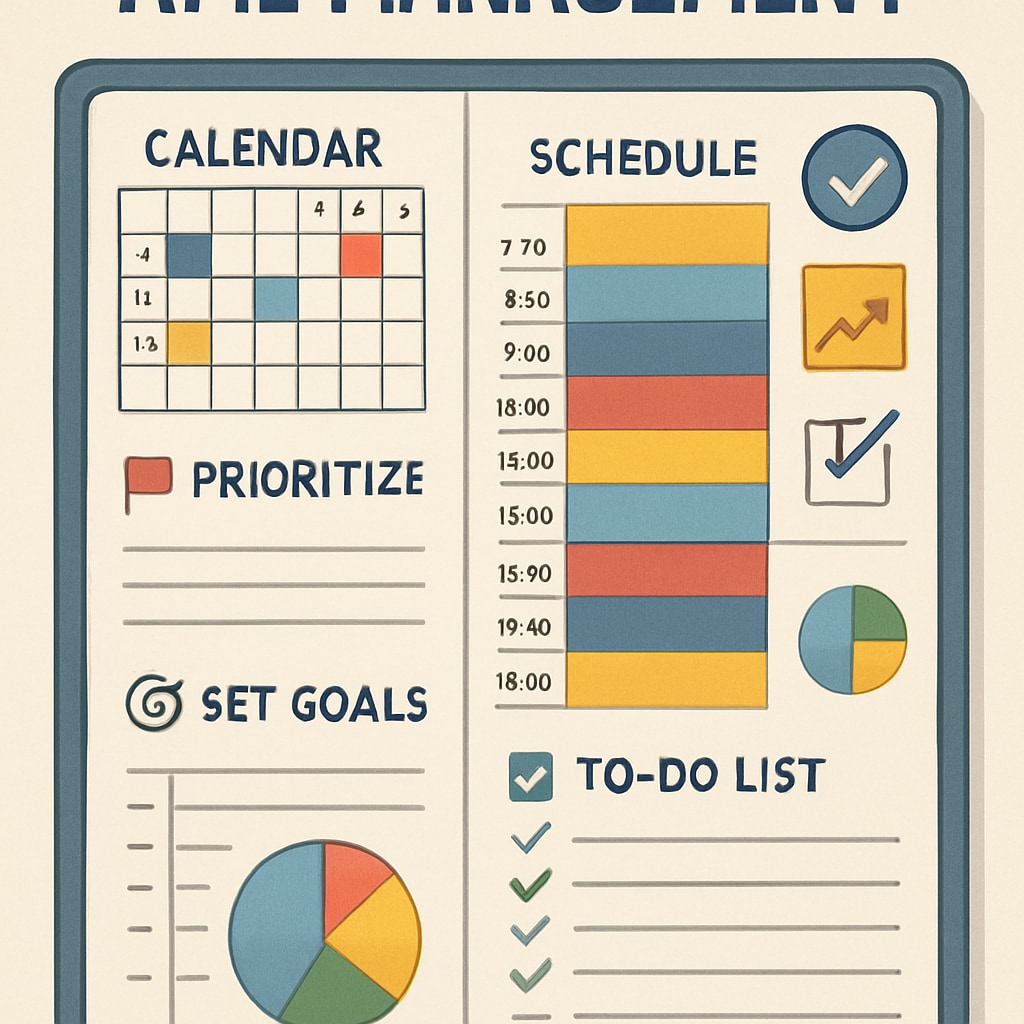In today’s fast-paced world, the education system often emphasizes academic knowledge while neglecting essential life skills such as financial management and time management. Incorporating financial and time management education into K12 school curricula can help students better prepare for the challenges of adulthood. While subjects like math, science, and literature remain vital, adding practical life skills ensures students are equipped to handle real-world demands efficiently.
The Importance of Financial Literacy in School Education
Financial literacy—the ability to understand and manage personal finances—is a critical skill that many young adults lack. After graduation, students often face situations such as budgeting, saving, and managing debt without proper guidance. According to Wikipedia, financial literacy encompasses knowledge of credit, investments, and long-term financial planning. Without these skills, students are more prone to financial missteps, which can lead to long-term consequences.
Integrating financial education into K12 schools can address this gap. For example, teaching students how to create a budget, understand interest rates, and save for future goals not only empowers them but also fosters responsible financial behavior. These lessons prepare students for independence and reduce the likelihood of financial struggles later in life.

Time Management: A Practical Skill for Lifelong Success
Time management, a fundamental skill for personal and professional success, is another area often overlooked in traditional education. Without effective time management skills, students may struggle to balance academic, extracurricular, and personal responsibilities. As a result, they may experience stress, reduced productivity, and even burnout.
Introducing structured time management lessons in schools can teach students how to prioritize tasks, set realistic goals, and utilize tools like calendars or apps efficiently. For example, students could learn to break large projects into smaller tasks or allocate time for relaxation and self-care. These strategies are not only useful during school years but also invaluable in their future careers and personal lives.

Why Schools Should Prioritize Practical Life Skills in Their Core Curriculum
Many educators argue that schools should focus solely on academic topics, leaving life skills to be learned outside the classroom. However, this approach assumes students will naturally acquire these abilities, which is not always the case. According to Britannica, education should aim to prepare individuals for all aspects of life, not just intellectual development.
By integrating financial and time management education into the core curriculum, schools can bridge the gap between theoretical knowledge and practical application. These subjects complement traditional academics and provide students with tools to navigate adulthood confidently.
How to Effectively Implement Financial and Time Management Courses
To successfully incorporate these subjects into K12 curricula, schools can take the following steps:
- Develop age-appropriate content: Tailor lessons to match students’ cognitive and emotional development. For instance, younger students might learn about savings, while older ones explore investment strategies.
- Utilize interactive teaching methods: Engage students through simulations, role-playing, and real-life scenarios to make learning practical and relevant.
- Collaborate with experts: Partner with financial advisors and time management professionals to ensure content accuracy and effectiveness.
- Measure outcomes: Assess students’ understanding and application of these skills periodically to refine teaching methods.
By taking these steps, schools can empower students with essential skills that will benefit them for a lifetime.
In conclusion, financial and time management education should not be seen as optional but as fundamental components of K12 core curricula. These skills are indispensable for navigating adulthood and achieving personal and professional success. As the world becomes increasingly complex, equipping students with practical knowledge ensures they are well-prepared for the future.


